How the UK still benefits from EU funds
Keir Starmer seeks access to bloc's new rearmament fund, while British scientists reap £500 million in EU research grants
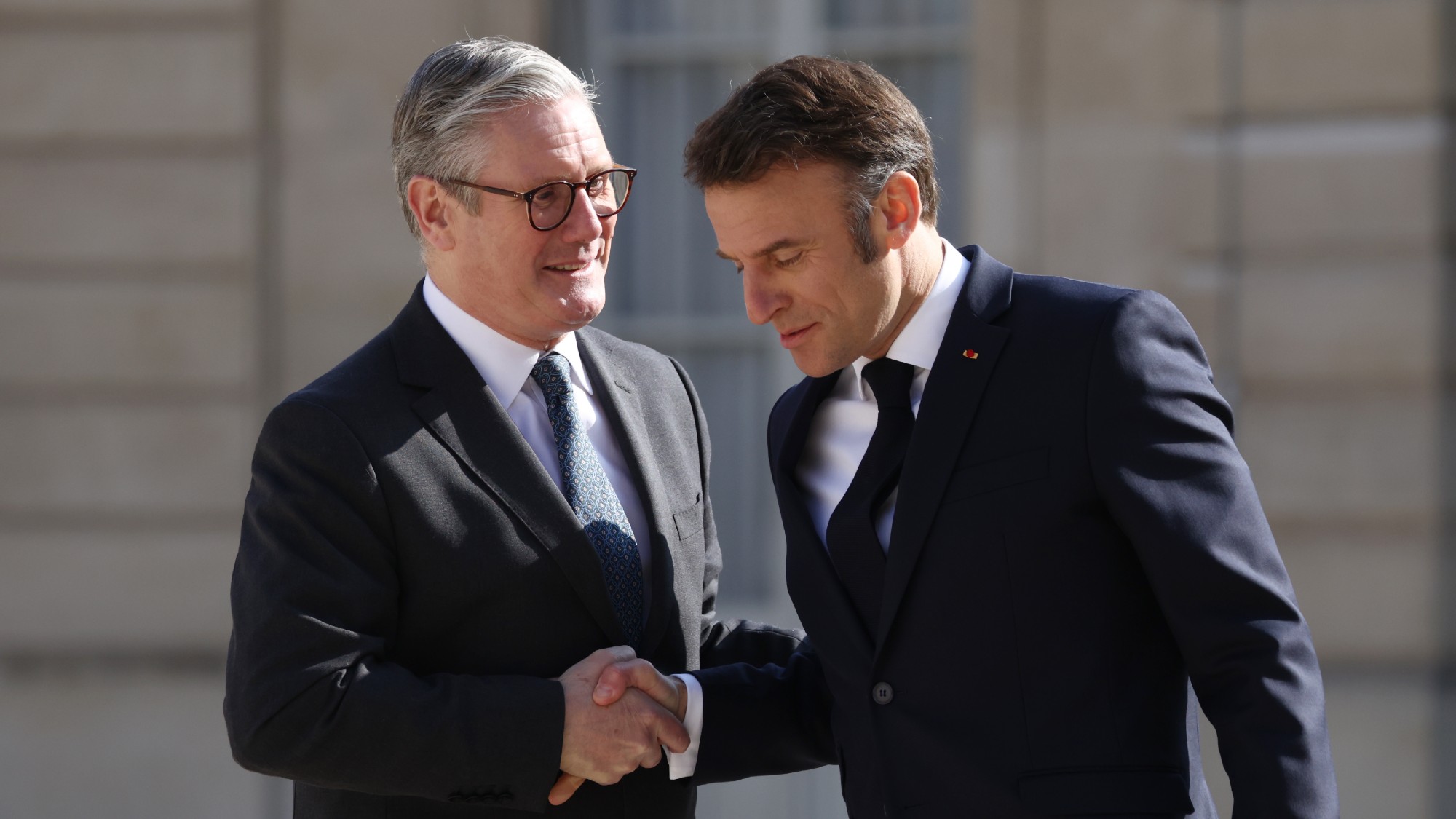
A free daily email with the biggest news stories of the day – and the best features from TheWeek.com
You are now subscribed
Your newsletter sign-up was successful
A centrepiece of today's UK-EU summit is a new defence and security pact that paves the way for British defence manufacturers to bid for contracts from the €150 billion (£126 billion) Security Action for Europe fund.
As part of this "reset" with the EU, Keir Starmer is thought to have made "significant concessions" on European fishing rights in British waters, said The Times. Even so, not everyone was so keen to let the UK in, with France, in particular, "pressing hard" for a "Europe-first policy" on defence contracts, one diplomat told the newspaper. The debate over how much access British companies should have to EU funds is part of the delicate ongoing process of defining the UK's relationship to Europe in the aftermath of Brexit.
What EU funding does the UK still get?
Under the EU's current spending framework, which runs until 2027, the UK is eligible for three major EU-run scientific programmes: Euratom (the European Atomic Energy Community); the Copernicus space and Earth observation programme, and the Horizon Europe scientific research and innovation project. But the UK can only participate on "associated" or "third country" terms. This means we pay "an operational contribution" to each programme, based on the ratio of the UK's GDP to the EU's GDP.
The Week
Escape your echo chamber. Get the facts behind the news, plus analysis from multiple perspectives.

Sign up for The Week's Free Newsletters
From our morning news briefing to a weekly Good News Newsletter, get the best of The Week delivered directly to your inbox.
From our morning news briefing to a weekly Good News Newsletter, get the best of The Week delivered directly to your inbox.
UK-based international NGOs are also still able to access some EU development funding streams – for humanitarian aid, for example – under "third country" rules and with some changes to eligibility.
The UK also participates in the Peace Plus investment programme: a €1.1 billion (£926 million) partnership between the UK, the EU, and the Northern Ireland Executive (which has its own post-Brexit arrangement with the EU), aimed at supporting peace and prosperity across Northern Ireland and the border region with Ireland.
How much money are we talking about?
British scientists received half a billion pounds in grants from the Horizon programme in 2024 – after being excluded for three years following "a bitter row over post-Brexit trade rules in Northern Ireland", said Politico.
After the UK negotiated re-entry to Horizon, it was "catapulted to the top of the league" of 19 non-EU participants, said The Guardian. According to EU data, the UK's 3,000 grants, worth €574.7 million (£500 million), are the most of any non-EU participant and the third highest by value. Overall, the UK was fifth biggest grant beneficiary, behind Germany, Spain, the Netherlands and France. British scientists are "over the moon" to be back in the programme.
A free daily email with the biggest news stories of the day – and the best features from TheWeek.com
What will happen after 2027, in the next EU funding cycle? Nobody knows. The bloc is "secretly" working on its strategy for future funding rounds.
Are we still paying the EU?
After leaving the customs union and single market, we negotiated a free-trade deal – the UK-EU Trade and Cooperation Agreement – with the bloc. That means no duties are levied on the import and export of goods but the "time-consuming and sometimes complicated new paperwork" businesses now have to fill out when exporting to or importing from the EU has had a significant "negative impact", said the BBC.
And we're still paying the "divorce bill" negotiated as part of our withdrawal agreement. There is no definitive cost to the settlement – that will depend on future exchange rates and EU budgets – but the latest Treasury estimate is that the net cost to the UK will be £30.2 billion, £23.8 billion of which had been paid, as of December 2023.
The withdrawal agreement also "covers obligations entered into while the UK was still a member state but for which final payment falls due after the end of 2020", said Ian Begg, a professor at the London School of Economics, on the LSE blog. The last payments, notably for pensions of former EU staff, may fall "decades hence".
Harriet Marsden is a senior staff writer and podcast panellist for The Week, covering world news and writing the weekly Global Digest newsletter. Before joining the site in 2023, she was a freelance journalist for seven years, working for The Guardian, The Times and The Independent among others, and regularly appearing on radio shows. In 2021, she was awarded the “journalist-at-large” fellowship by the Local Trust charity, and spent a year travelling independently to some of England’s most deprived areas to write about community activism. She has a master’s in international journalism from City University, and has also worked in Bolivia, Colombia and Spain.
-
 How the FCC’s ‘equal time’ rule works
How the FCC’s ‘equal time’ rule worksIn the Spotlight The law is at the heart of the Colbert-CBS conflict
-
 What is the endgame in the DHS shutdown?
What is the endgame in the DHS shutdown?Today’s Big Question Democrats want to rein in ICE’s immigration crackdown
-
 ‘Poor time management isn’t just an inconvenience’
‘Poor time management isn’t just an inconvenience’Instant Opinion Opinion, comment and editorials of the day
-
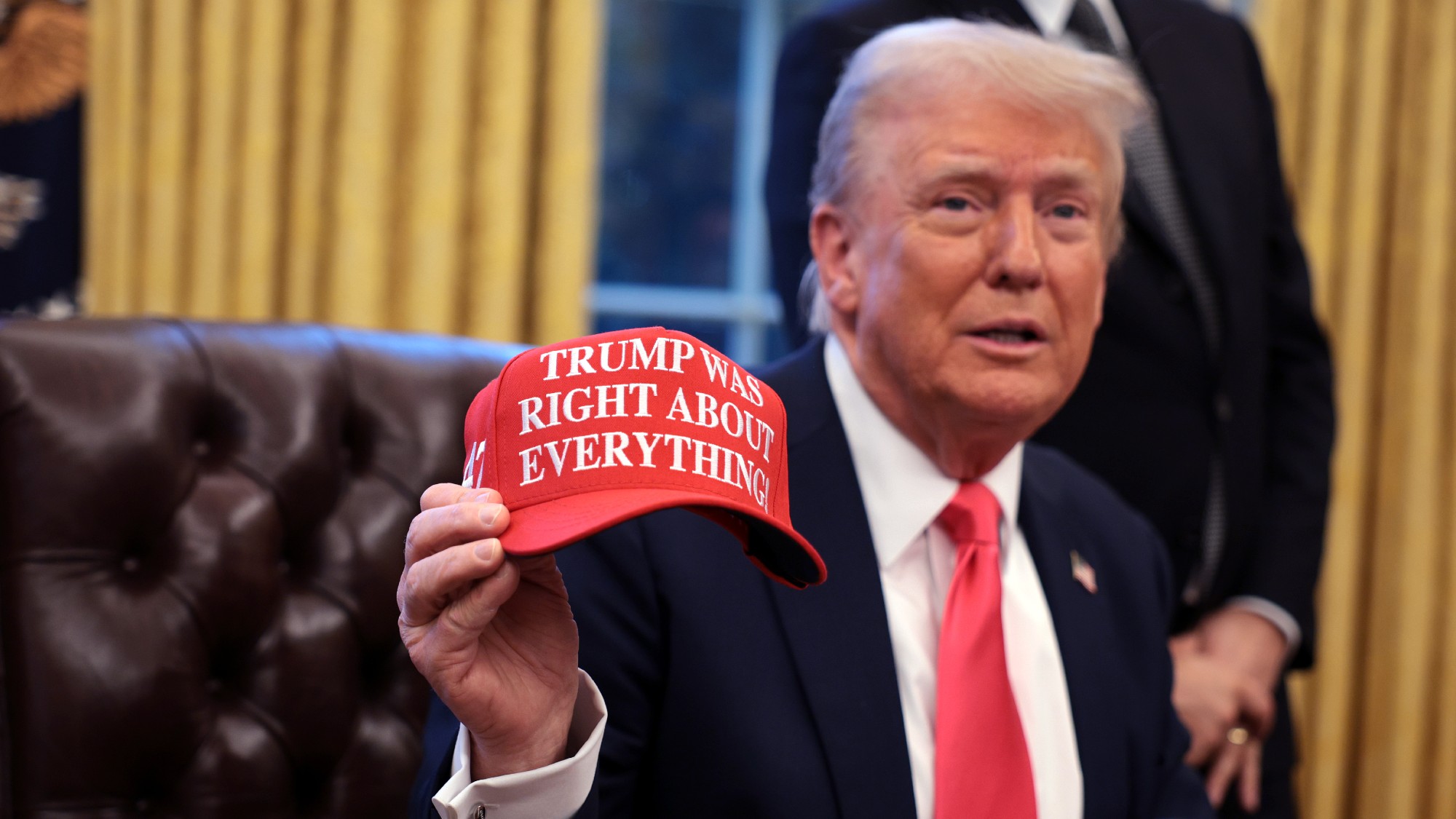 Is Trump's tariffs plan working?
Is Trump's tariffs plan working?Today's Big Question Trump has touted 'victories', but inflation is the 'elephant in the room'
-
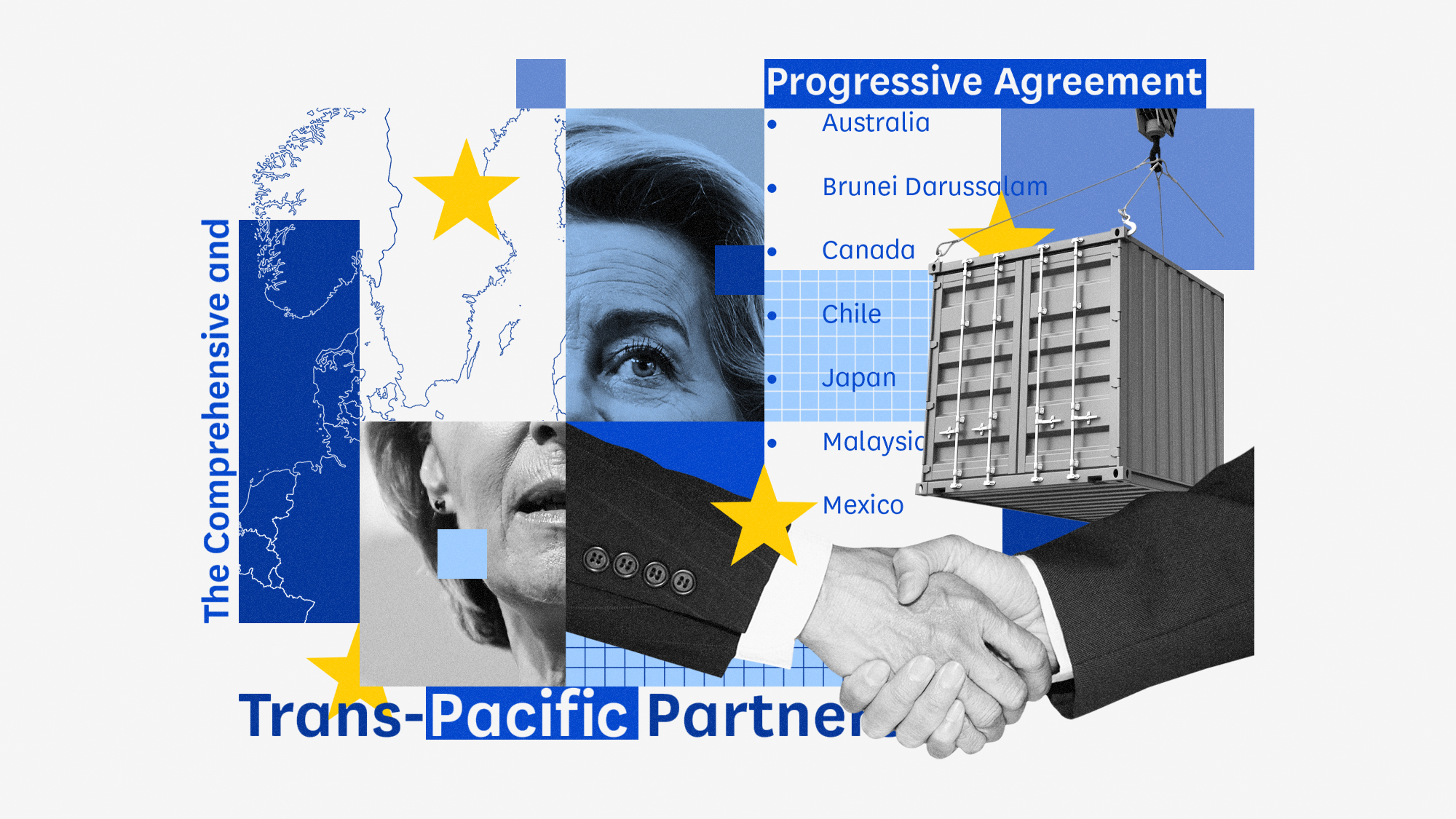 Will Europe pivot to Asia on trade?
Will Europe pivot to Asia on trade?Today's Big Question It could be an attempt to sidestep the impact of Trump's tariffs
-
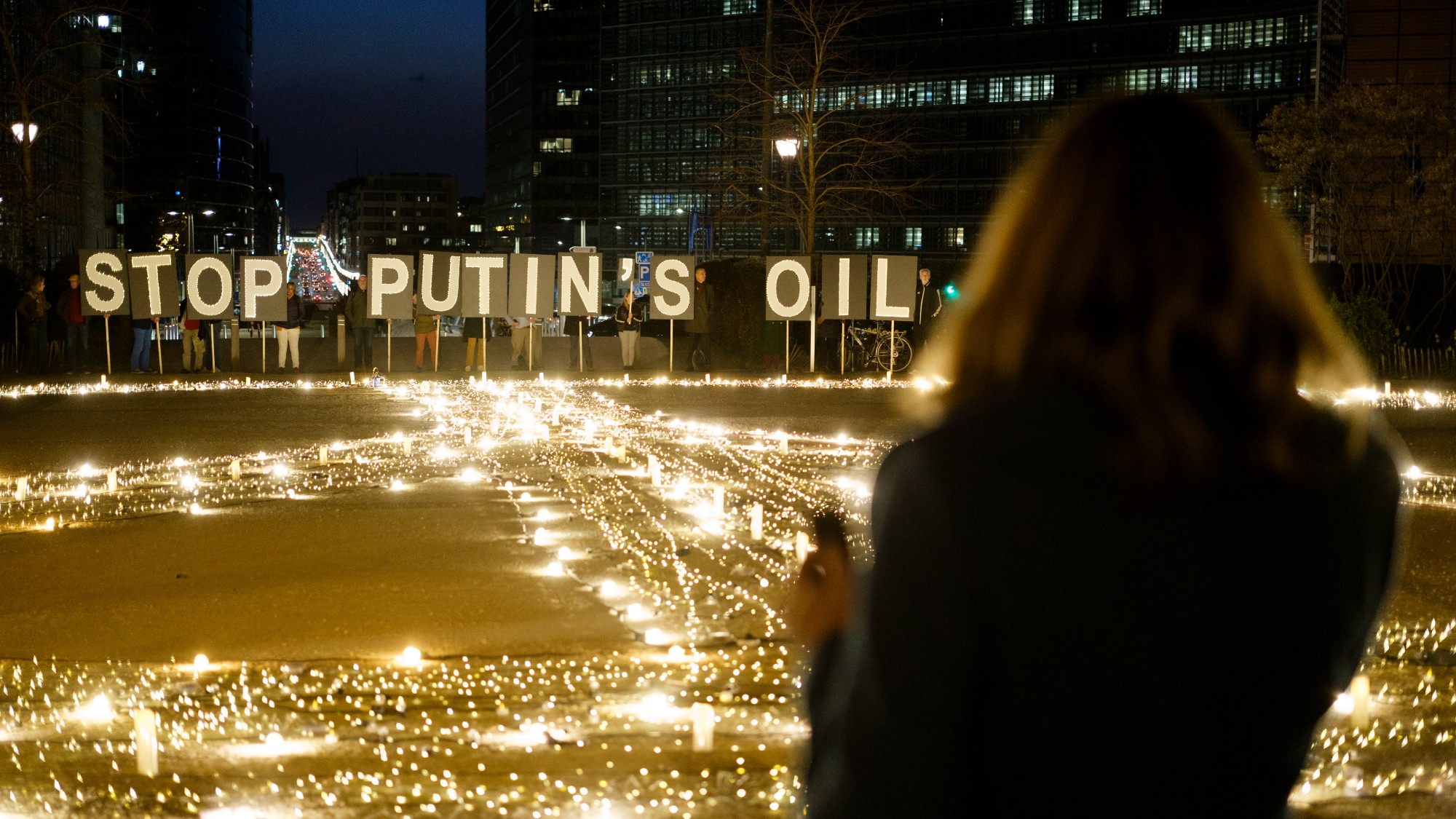 Is the EU funding Russia more than Ukraine?
Is the EU funding Russia more than Ukraine?The Explainer EU remains largest importer of Russian fossil fuels despite sanctions aimed at crippling Kremlin's war effort
-
 Pet cloning booms in China
Pet cloning booms in ChinaUnder The Radar As Chinese pet ownership surges, more people are paying to replicate their beloved dead cat or dog
-
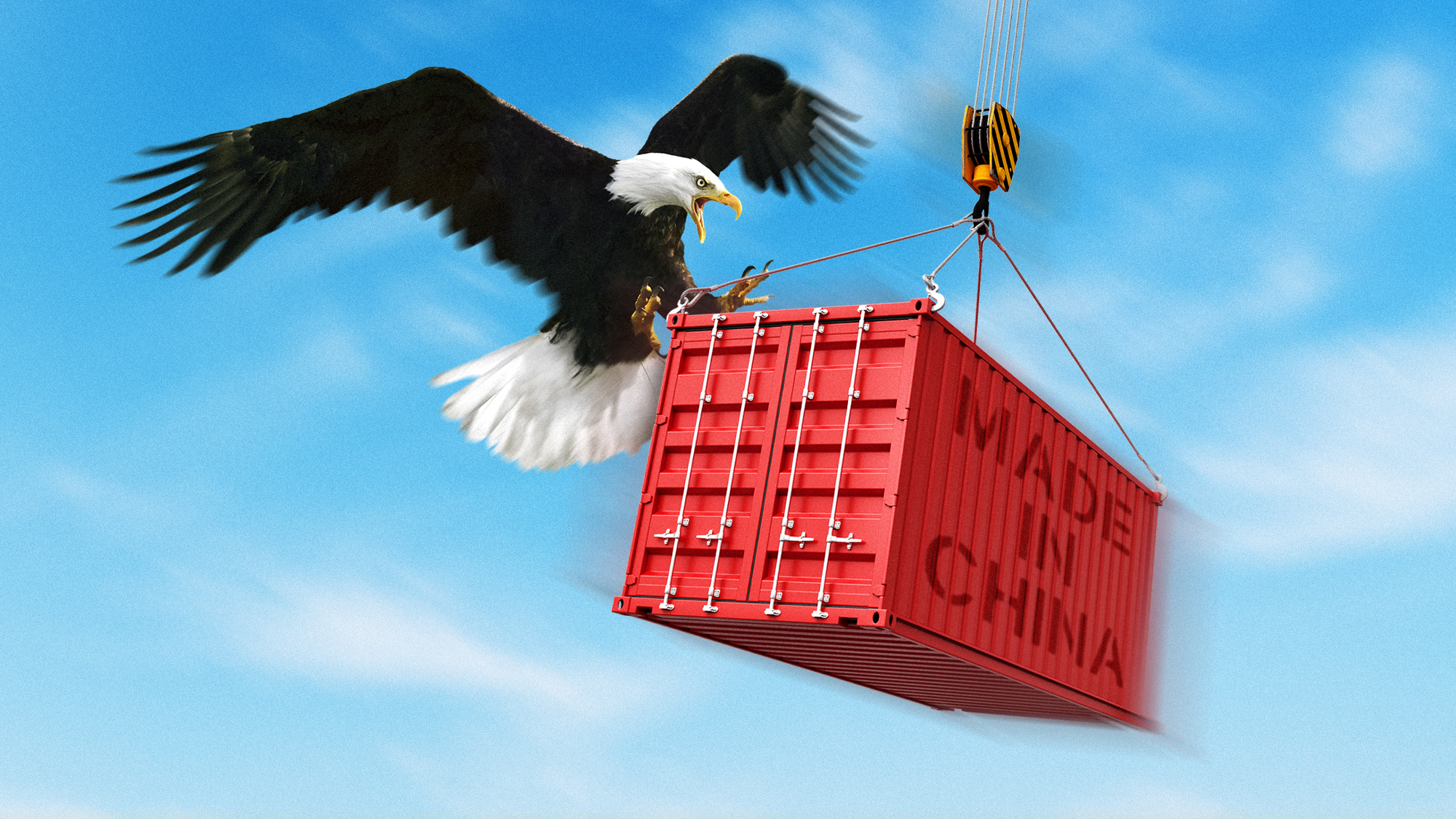 Trump's tariffs: is EU's retaliation the best move?
Trump's tariffs: is EU's retaliation the best move?Today's Big Question Global US levy on steel and aluminium imports has the EU hitting back but the UK keeping options open
-
 Can the UK avoid the Trump tariff bombshell?
Can the UK avoid the Trump tariff bombshell?Today's Big Question President says UK is 'way out of line' but it may still escape worst of US trade levies
-
 Five years on, can Labour's reset fix Brexit?
Five years on, can Labour's reset fix Brexit?Today's Big Question Keir Starmer's revised deal could end up a 'messy' compromise that 'fails to satisfy anyone'
-
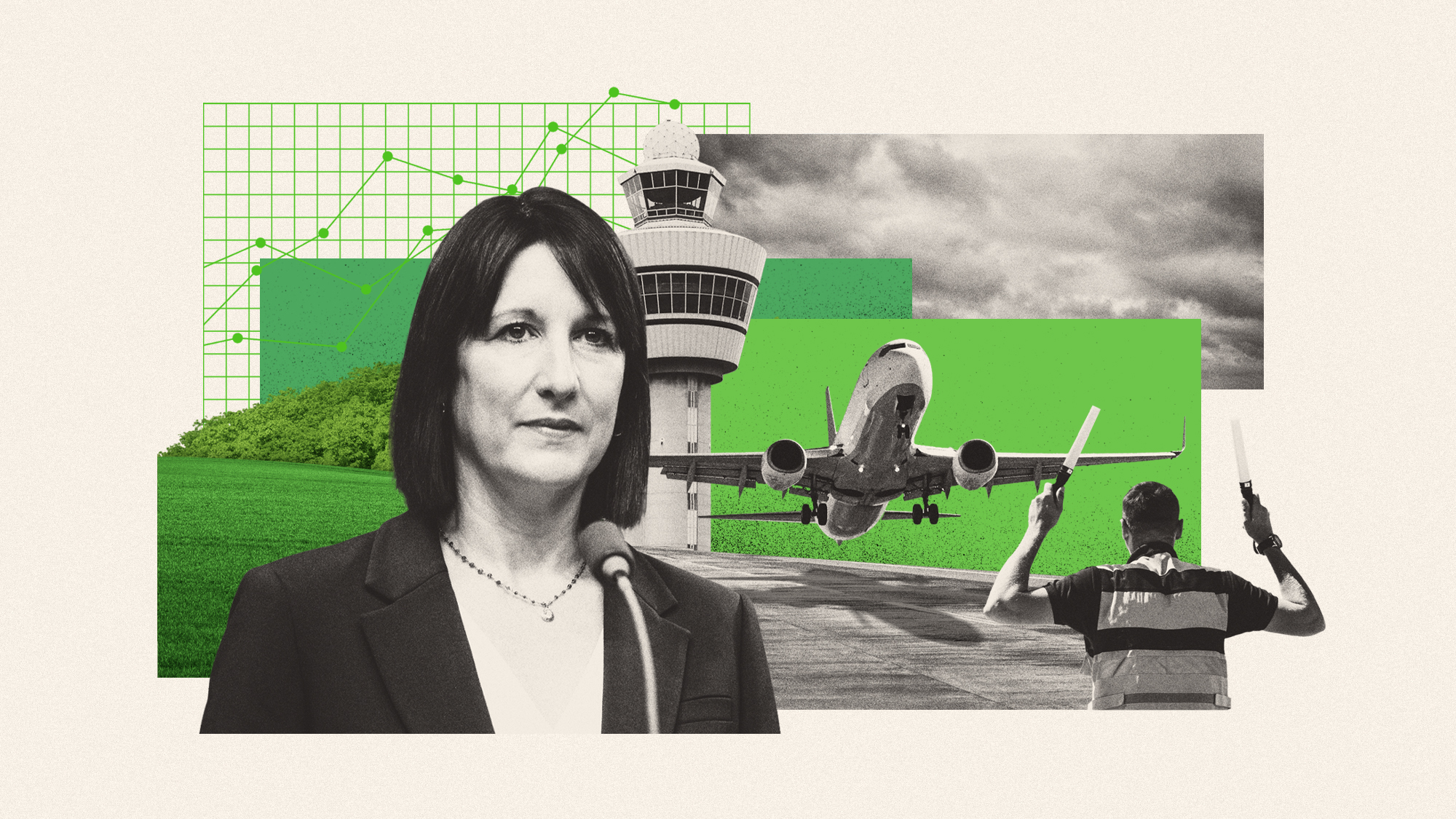 Airport expansion: is Labour choosing growth over the environment?
Airport expansion: is Labour choosing growth over the environment?Today's Big Question Government indicates support for third Heathrow runway and expansion of Gatwick and Luton, despite climate concerns